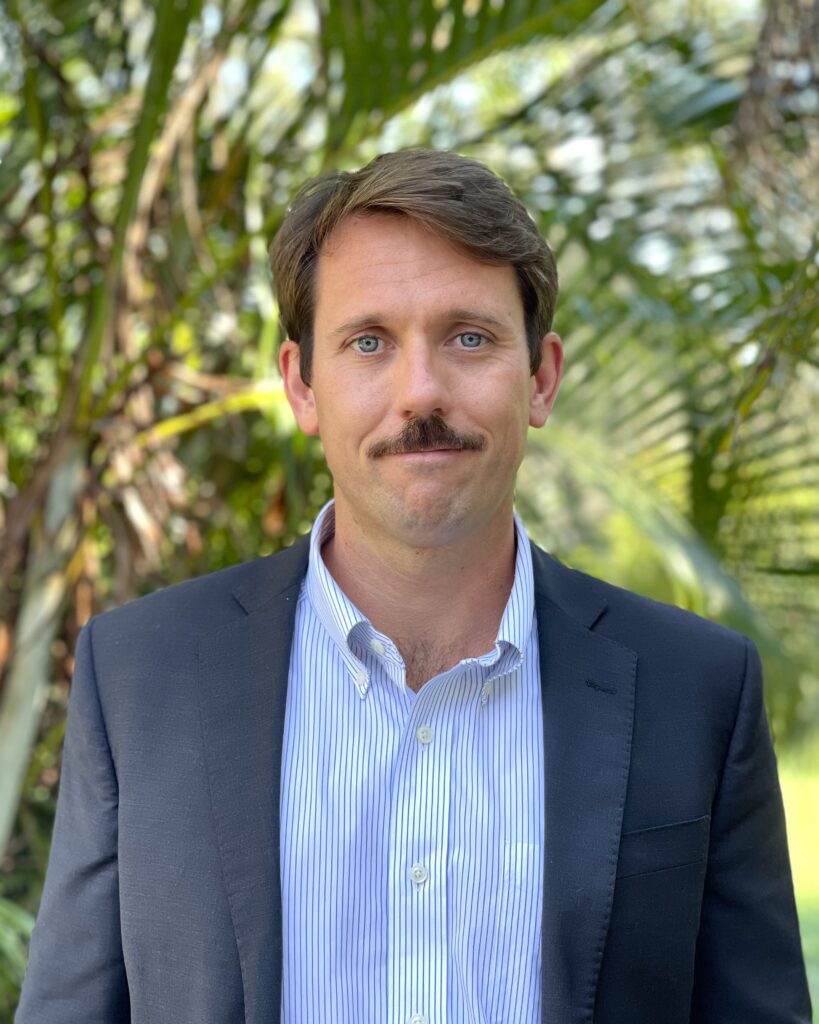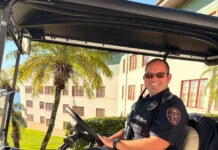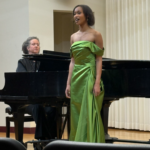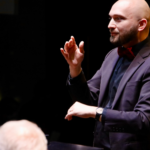Jacob Smith
Southern Editor
Going from working under his mentor to now working alongside him and acting as a mentor to other students, alumnus Charlie Fanning has returned to FSC as a professor in the history department.
Fanning graduated in 2010 with a double major in history and Spanish. Having grown up as a Florida native, he felt like history has always been around him and he grew an appreciation for it.
“I grew up in Tarpon Springs, which is an old Greek community built around the sponge industry and my high school was over 100 years old,” Fanning said. “And my dad lived in Tampa, so around there you see the heritage of Cuban American and immigration and the cigar industry and things like that.”
Fanning describes himself as a “labor and immigration historian” with a focus on Florida. The bulk of his research was on Spanish language sources, with his work examining immigrant farm worker communities in South Florida. These groups mainly consist of Spanish speaking and Latin American immigrants, so Fanning found it helpful already having a skill set for the Spanish language to fall back on.
“I had a lot of great experiences with the Spanish department here, like going on the Spain program,” Fanning said. “I didn’t initially plan to do the second major, but I just really enjoyed taking those classes and picked it up along the way.”

His graduate school dissertation was a case study of the agricultural sector in South Florida and the Everglades. This topic has an over 100 year long history of technological advancements and changes in procedures that were all motivated by a desire to increase productivity.
“It’s much more developed now, but this area of South Florida was remote for most of the 20th century,” Fanning said. “That’s the focus of my research, but more broadly, I’m interested in these bigger questions about race and immigration and labor recruitment.”
Fanning is currently working on refining his dissertation and wants to investigate this subject further in the form of a book, with the name still pending. In the meantime, Fanning is one of two new additions to the history department, where he has gotten the chance to work alongside one of his mentors, Dr. James Denham.
“I took a lot of classes with him and worked in the archives with him. He also supervised my senior thesis,” Fanning said. “We stayed in touch over the years, and so he’s been really supportive, which is one of the benefits of going to a school like this.”
Stepping back onto campus, Fanning was welcomed back with open arms and a sense of deja vu.
“It feels very crazy to be here as a professor, especially with so many memories of being here as a student. But on the other side of that, it also feels comfortable, because I’ve spent a lot of time here and it’s a place that’s pretty special to me,” Fanning said. “Dr Denham and Andrew Garcia are still professors here who I was close with as a student, which is nice. But everyone else who I’ve met since then, other professors here, have been really welcoming and collegial. So it’s a good place to work and be a student.”
Although not teaching any history classes at the moment, Fanning hopes to impart a level of wisdom onto his students that will continue to benefit them outside of the classroom.
“When you’re in your professional life, you’re going to need to be able to express yourself and communicate effectively about the information ecosystem that we live in. That is a little bit hard to navigate and analyze and understand, but I think history is a great tool and way to make sense of all that,” Fanning said. “Even if they don’t remember the causes of the Seven Years War or something like that, I hope students can at least take away some of these skills and tools associated with that.”






